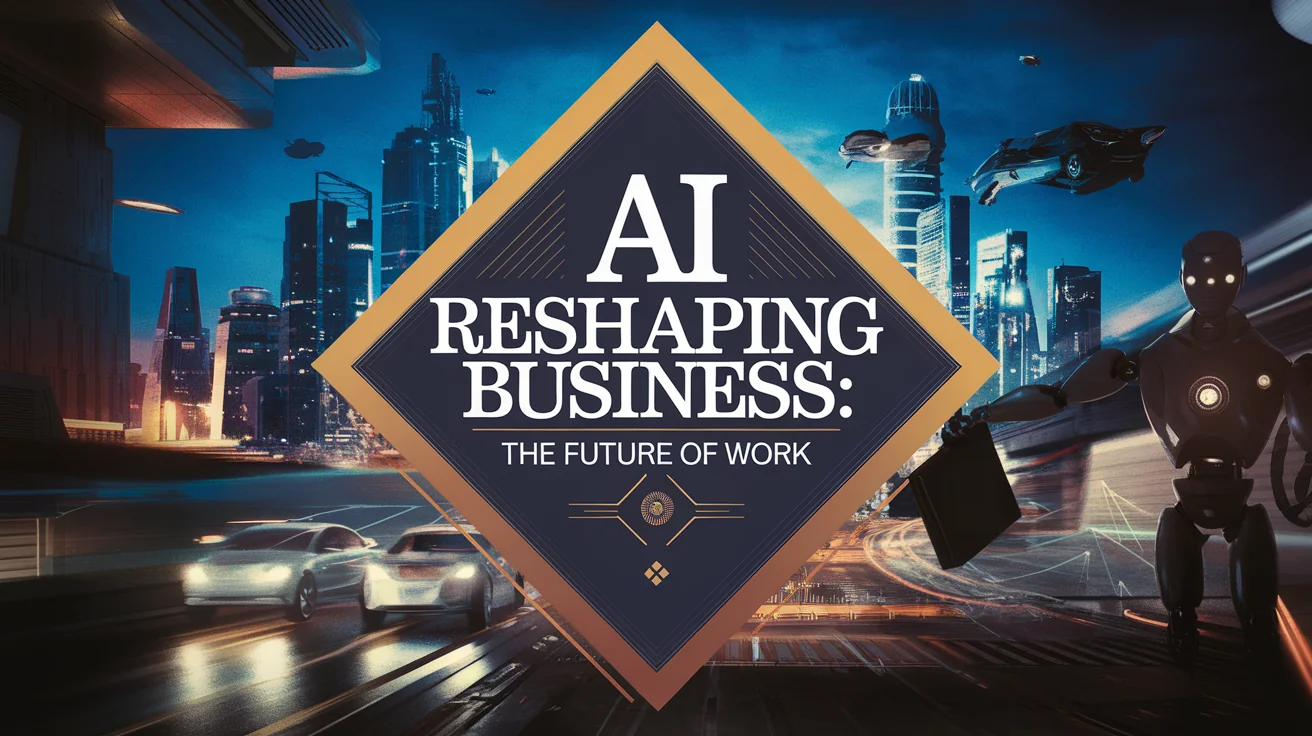AI Reshaping Business: The Future of Work

As organizations increasingly adopt AI technologies, frontier firms—companies that are both human-led and AI-operated—are rewriting the rules of engagement in the workplace. These entities are challenging long-standing assumptions about work processes, expertise location, and knowledge growth, heralding a future where business is fundamentally transformed.
Historically, businesses have been the primary drivers of technological advancements. This trend is driven by economic motivations, as seen in the spread of transformative technologies like the telegraph and the internet. Just as previous innovations reshaped societal constructs, the integration of AI into business operations promises to expand these shifts into realms like education, labor markets, and commerce.
The Cost of Specialization Collapses
In traditional business environments, expertise has been a scarce and costly resource. Companies relied on a narrow pool of experts, making it essential to invest years in hiring and training. Yet, with the emergence of AI, the expense of creating specialized knowledge decreases significantly. AI systems can quickly assimilate and apply a firm’s expertise, integrating seamlessly into existing data and operations.
This shift allows organizations to expand their talent pool exponentially, facilitating rapid innovation and adaptability, even among smaller companies that can now compete with industry giants. However, as AI-generated outputs thrive, the necessity for human mastery becomes critical, creating a paradox: while expertise is more essential, it is harder to attain, potentially resulting in a talent gap.
Redesigning Work for Human-Agent Collaboration
Traditionally, work structures have prioritized human employees, adhering to conventional work hours and processes influenced by how humans engage with technology. As AI systems begin to integrate into the workforce, there is a necessary redesign of work structures. This change sees organizations becoming primarily human-led while employing AI agents for execution.
The transition introduces a new operational discipline focused on measuring agent performance and redefining success in leadership roles. This evolution aims to boost productivity significantly across varying business functions, leading to faster decision-making processes and more efficient operations. However, effective management of AI requires leaders to master new skills, covering a spectrum of governance and workflow redesign.
Knowledge Compounds Like Interest
Knowledge building has historically been a slow process within organizations, heavily reliant on human contribution. As agents produce knowledge at an unprecedented rate, firms have the opportunity to retain and share that information rapidly; however, it is crucial to ensure these feedback loops remain effective. Moreover, the compounding effect of knowledge created by AI has the potential for both positive insight and deleterious bias or error.
Frontier firms distinguish themselves by their ability to manage and structure knowledge flows. By creating systems that not only capture insights but also utilize them to foster continuous improvement, these organizations can evolve into highly adaptive, learning entities. This requires foresight and planning from leadership to cultivate environments conducive to sustained knowledge growth.
Preparing for a Transformed Future
Recognizing the emerging paradigm shifts induced by AI is just the beginning; organizations must also prepare for the implications that go beyond business. As AI transforms workplace dynamics, sectors such as education and labor markets will feel the effects, interlinking human experiences and technological advancements in unique ways.
Upcoming discussions will delve into how education will adapt to this new landscape, particularly as intelligence becomes ubiquitous, work becomes shared, and learning evolves. The future may hold vast opportunities for growth, but only if firms are willing to embrace these transformative changes fully.